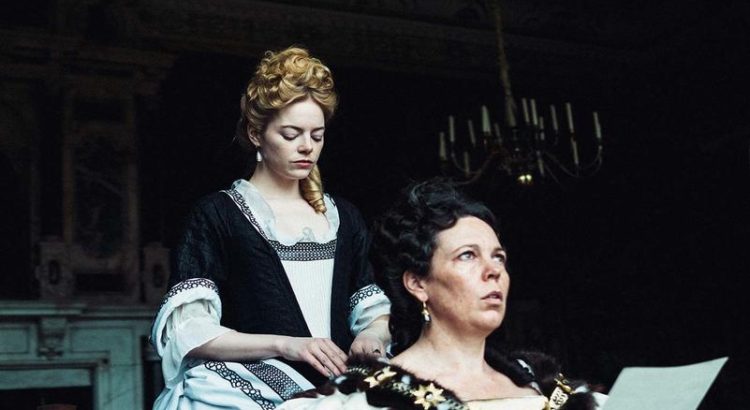
Mary Poppins Returns hit theatres in December 2018, and was received with mixed reviews– some loved the new spectacular addition to the classic Mary Poppins film starring Julie Andrews; others found it exhausting and drab in terms of plot, characters, and music. I find my own opinion lodged somewhere between the two; I didn’t love the movie, but I will defend its integrity and originality. The movie takes place a generation after where the first movie left off. Michael and Jane Banks, the children who Mary Poppins comes to nanny, are all grown up now. Jane is an activist fighting for union workers’ rights, and Michael is an artist and teller with three children who recently lost their mother– and it seems like that they’re all about to lose something else– their house. Amidst this financial turmoil, Mary Poppins materializes to help the Banks children– all of them– go on a magical adventure to revitalize their sense of wonder and joy.
Emily Blunt’s rendition of Mary Poppins is, well, blunt. This new Mary Poppins, reeled in through a kite with not a single hair out of place despite emerging from the eye of a raging storm, with perfectly poised little kitty heels bent at an artful angle, with her curt responses and matter-of-fact commandeering of the Banks children– she’s not as cheery and la-di-da as Julie Andrews’ Mary Poppins. This new one’s feisty. She’s got attitude. She means business. This new Mary Poppins rolls her eyes and bustles around and smiles less but manages to do more. Her magic is controlled and precise, bestowing the children with their own sense of agency rather than spoiling them with her treats. Emily Blunt’s interpretation of Mary Poppins is slightly spicier than it is sweet– and I love it for that. I’ll defend this movie against musical theatre purists that argue that Emily Blunt is not as good as Julie Andrews. They’ve both made the role their own in fun and inventive ways.
That being said, however, in all honesty, my reaction to this movie was quite ordinary. I didn’t love it; I didn’t hate it. The plot of the Banks children trying to keep their house wasn’t the most engaging, even if Colin Firth was the one playing the evil banker. I didn’t find myself humming the tunes to the new songs as I walked out of the theatre. They just weren’t as catchy or extraordinary as they’d been hyped up to be. And, most importantly, the movie didn’t light up that spark of wonder and joy that Disney movies usually do; the nostalgic, gooey, fuzzy feeling spreading through my stomach– that life can be seen through a rose-colored lens– this movie just didn’t strike that emotional cord for me.
It did have its ups, though. In a song called A Cover Is Not The Book (possibly my favorite part of the whole movie– it’s really fun and whimsical), Jack and Mary Poppins perform with animated characters under the dazzling lights of a circus tent, and in the classic Hamilton style, we get some of Lin Manuel-Miranda’s crisp rhymes and fast-paced rap-style rhythms. There’s a song where the Banks children’s bathtub transports them to an oceanic adventure, swimming with whales and dolphins under an infinite blue sky and tufty white clouds. There’s the subtle romance between Jack and Jane, and though it’s painfully underdeveloped, it’s cute to watch. But still– I can’t really say that any of this adds up to a hugely substantial and magical movie experience. It’s a fun movie, and obviously part of a larger American musical cultural phenomenon, but in isolation, it seems enjoyably ordinary to me.
(Poster from Google Images)










